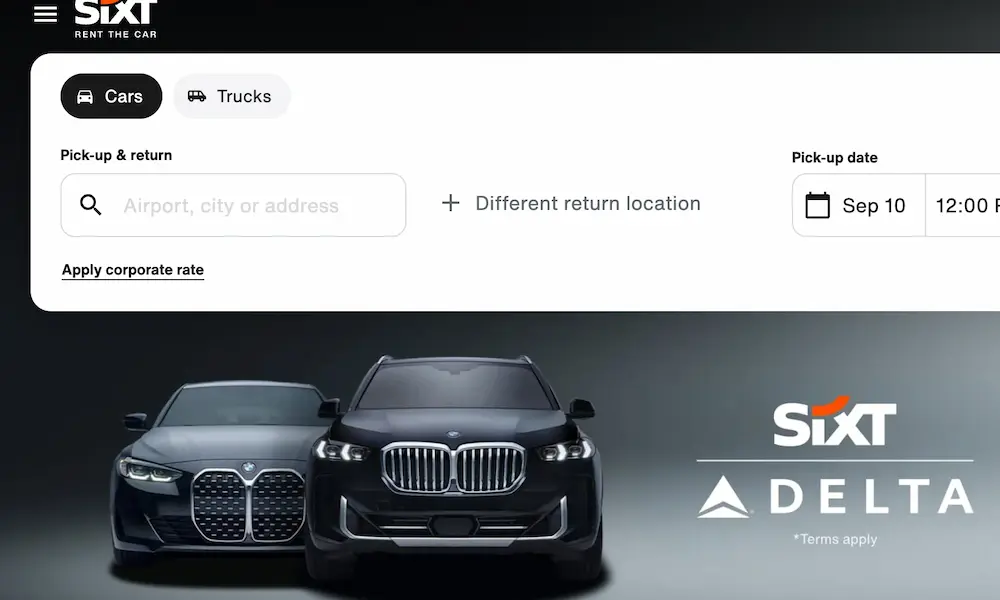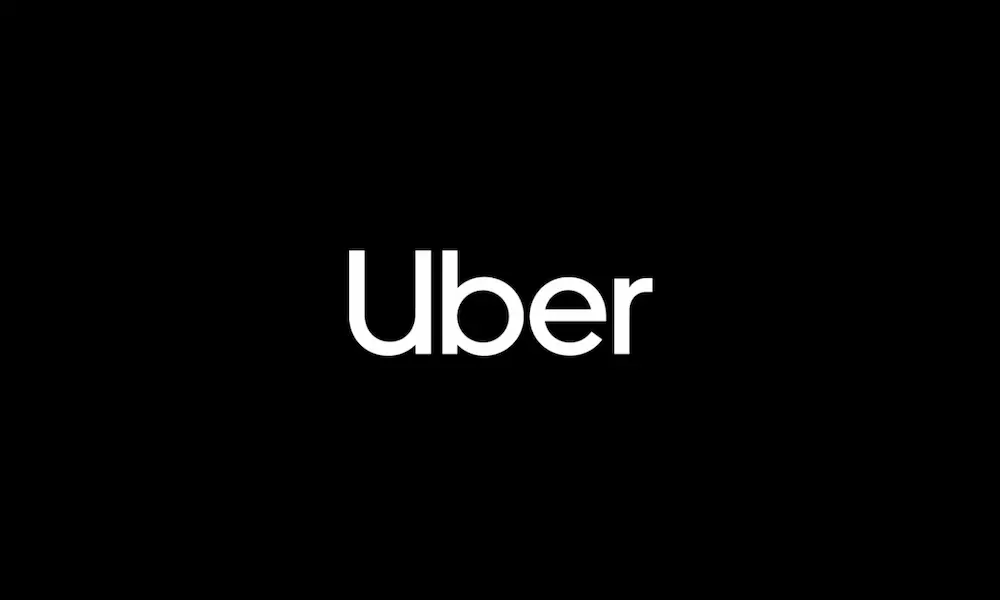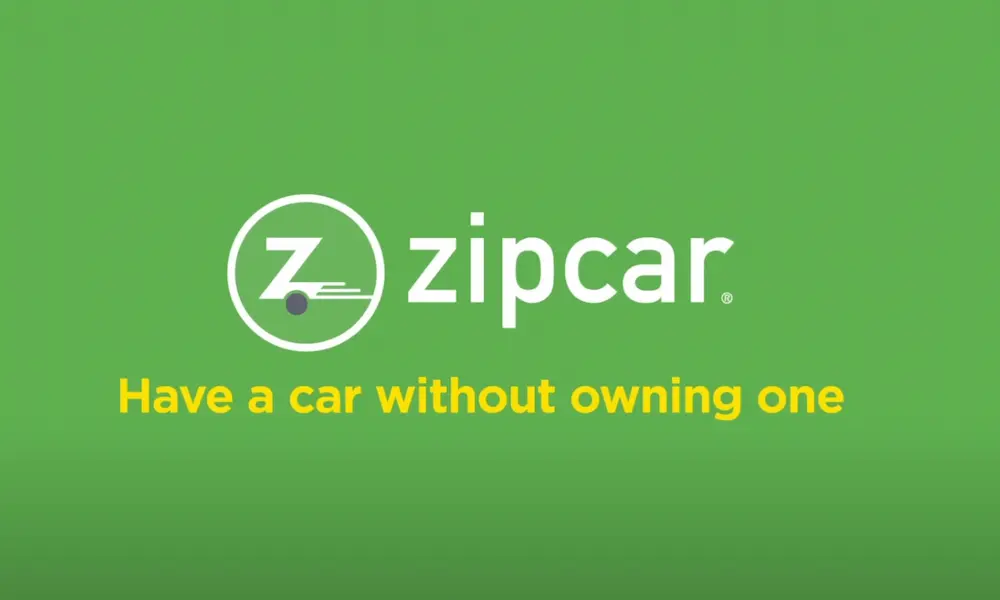Renting a car through Turo can be a great way to get around, but things can quickly get complicated if damage occurs. If you don’t pay for the damage, you may face financial penalties, legal issues, and account restrictions.
It’s important to communicate with both the car owner and Turo to explore your options and possibly find alternative ways to settle the costs. Keep reading to learn how you can manage these situations effectively.
Understanding Turo’s Protection Plans
Turo offers various protection plans to help guests handle potential risks and costs connected with car rentals. These plans cover different levels of liability insurance and physical damage, offering options to suit different needs and preferences.
Types of Protection Available
There are several protection plans available on Turo. Each plan includes different levels of protection and insurance. The main plans are:
- Minimum Protection Plan: This plan offers basic liability insurance but limited coverage for physical damage to the rental car.
- Standard Protection Plan: This plan provides a higher level of liability insurance and more coverage for physical damages.
- Premium Protection Plan: The most comprehensive plan, offering the highest level of liability insurance and full coverage for physical damages.
Each plan has its own set of benefits and limitations. It’s important to choose one that fits your needs and budget.
Deductible and Liability
Each protection plan specifies a deductible, which is the amount you are responsible for paying out of pocket if there is any damage to the vehicle. For example, the Premium Protection Plan usually has a lower deductible compared to the Minimum Protection Plan.
Liability insurance in these plans covers you if you are responsible for causing injury or damage to others or their property. The premium plan generally offers the highest liability limits.
It’s crucial to understand these aspects to choose the right plan for your rental needs and to avoid unexpected costs.
Before Renting a Vehicle
Before renting a vehicle on Turo, it’s important to understand the steps you should take to protect yourself from potential damage-related issues. Here’s what you need to focus on to ensure a smooth rental experience.
Choosing the Right Protection Plan
When you rent a car through Turo, you need to choose a protection plan that fits your needs. Turo offers several options, each with different levels of coverage. Consider how much risk you’re comfortable with and select a plan that covers potential damages.
Key Points:
- Basic Plans: Lower cost but higher risk; might cover minimal damages.
- Premium Plans: Higher cost but offer extensive coverage, often including roadside assistance and lower deductibles.
- Specific Policies: Review Turo’s policy details to understand what is and isn’t covered.
By selecting the right protection plan, you can save yourself a lot of headaches and potential expenses if any damage occurs during your rental period.
Documenting Pre-Rental Condition
Before you drive off, thoroughly document the car’s condition. This step is crucial to avoid being wrongly charged for damages that were already there.
Steps to Follow:
- Take Photos: Capture clear pictures of the car from different angles, including close-ups of any existing damage.
- Record Videos: A short video walk-around can provide comprehensive evidence.
- Check with the Owner: Discuss and note any pre-existing conditions with the car owner, ensuring they acknowledge them.
By keeping detailed documentation, you create clear evidence that can protect you if there are any disputes about damage later. This ensures that you only pay for any damages that actually occur during your rental period.
Taking these steps before renting a vehicle can help you navigate Turo’s policies effectively and avoid unnecessary charges.
Steps to Take When Damage Occurs
When damage happens during a Turo rental, you need to act quickly. It’s important to report the damage, document everything, and file a claim with Turo if necessary.
Reporting and Documentation
First, inform the car owner about the damage as soon as possible. Communication is key. You need to report the damage to Turo within 24 hours of the trip ending.
Take detailed photos and videos of the damage. This documentation will support your claim. Make sure to capture all angles, and include close-ups of any specific damage.
Write a clear description of what happened. Be honest and specific. Include the time, location, and circumstances surrounding the damage. This will help both the car owner and Turo understand the situation better.
Filing a Claim with Turo
Log into your Turo account and follow the steps to file a claim. You will need to upload the photos, videos, and description you collected.
Review your insurance coverage before completing the claim. Understanding the terms can help you know what to expect. Depending on your coverage, your out-of-pocket costs could vary.
If you receive a bill from an insurance company, keep all documentation and communications. This can be useful later if there are any disputes or additional questions about the claim.
Provide any additional information Turo requests quickly. This can help speed up the resolution process and reduce delays in handling the damage claim.
Consequences of Not Paying
Failing to pay for damages incurred during a Turo rental can lead to several serious consequences. These can include reminders from Turo, potential account suspension, and even legal actions.
Initial Reminders and Customer Support Interaction
When you first miss a payment for damages on Turo, you will receive reminders from Turo. These reminders are often sent through email and notifications in the Turo app. Turo’s customer support team may also reach out to discuss the situation and help you find a solution.
Communication with customer support is crucial. It’s their goal to assist you in understanding the charges and exploring payment plans if you’re unable to pay right away. Ignoring these reminders can escalate the situation quickly.
Account Suspension and Recovery Process
If you continue to ignore the reminders and fail to pay for the damages, your Turo account may be suspended. This means you won’t be able to rent any cars or interact with your account until the issue is resolved.
To recover your account, you will need to settle any outstanding payments. Sometimes, this may involve setting up a payment plan or paying off the balance in full. Until then, you will be locked out from using Turo services, which can be highly inconvenient.
Legal Actions by Turo
Continued failure to pay can lead Turo to take legal action against you. This could involve court proceedings where Turo seeks to recover the amount owed as well as additional legal fees. Legal action can also negatively impact your credit score.
Engaging with Turo’s customer support before it reaches this stage can help avoid legal consequences. If Turo decides to pursue legal action, you may have to pay the original damage amount, any late fees, and possible court costs.
Be proactive in resolving issues to avoid these serious consequences. Turo’s terms of service outline your responsibilities, and staying informed can help you manage any issues that arise.
Financial Implications
Not paying for Turo damage can lead to serious financial consequences. It can negatively affect your credit score and increase your insurance premiums. Let’s explore these effects in more detail.
Effect on Credit Score
Failing to pay for Turo damage can harm your credit score. When you don’t pay, Turo may send the debt to collections. Debt collectors report unpaid debts to credit bureaus.
This could lower your score significantly. A low credit score makes it harder to get loans, credit cards, and can even impact job opportunities.
It’s important to address any damage claims quickly to avoid these long-term financial issues. Keep communication open with Turo and the car owner to find a solution.
Insurance Premium Impact
Not paying for Turo damage can also affect your insurance premiums. If an insurance company is involved, they might see you as a higher risk.
Higher risk often means higher premiums. Your insurance provider could raise your rates, making your monthly payments more expensive.
This increase doesn’t just affect car insurance. Other types of insurance, like home or health, could also see a rate hike. It’s crucial to resolve any damage claims promptly to avoid these added costs.
Preventing Future Incidents
To avoid future issues with damages during a Turo rental, focus on choosing proper protection and practicing safe driving habits. This will help minimize the risk of physical damage and personal injury.
Choosing Protection with Higher Coverage
When renting through Turo, you should select a protection plan that offers higher coverage. This means you will have better financial and legal support if an accident occurs.
Turo offers different protection plans. Opt for one that includes comprehensive coverage for physical damage and personal injury. Although these plans might be more costly upfront, they can save you a lot of hassle and expense in the long run.
No one plans to have an accident, but being prepared with sufficient protection can make a significant difference. A higher coverage plan can also ensure that any claims are processed smoothly and quickly, giving you peace of mind during your trip.
Safe Driving and Car Handling Tips
Practicing safe driving and proper car handling can help prevent accidents. Here are some important tips to follow:
- Stay Focused: Avoid distractions such as texting or eating while driving.
- Follow Traffic Laws: Stick to speed limits and obey traffic signals.
- Maintain Safe Distance: Keep a safe distance from other vehicles to allow for sudden stops.
- Regular Breaks: Take regular breaks on long trips to avoid fatigue.
- Car Condition: Make sure the car is in good condition before driving. Check the tires, brakes, and fluid levels.
By being mindful and cautious on the road, you reduce the risk of physical damage to the car and potential personal injury. Safe driving is not only about protecting yourself but also about being responsible for others on the road.















